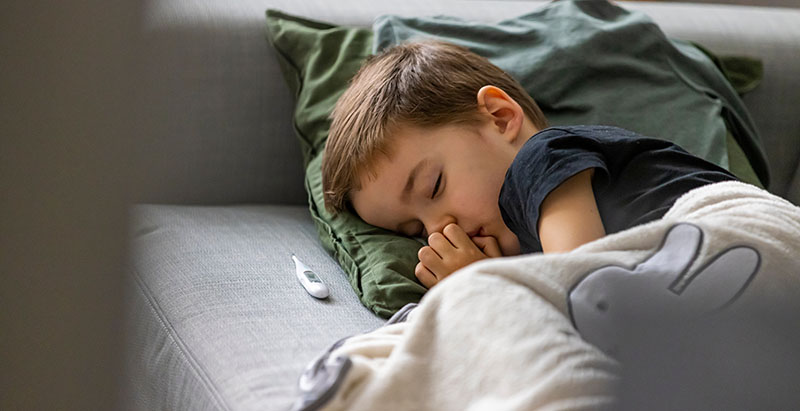Developmental & Behavioural Conditions

The journey of parenthood is unparalleled. From witnessing your child's first smile to hearing their first word, every milestone is a celebration. But what if you notice something that seems off the beaten path? Dr Prishani Ramsunder can help detect and manage developmental and behavioural conditions that may impact your child's health.
What are developmental and behavioural conditions?
At its core, a 'developmental condition' usually means a delay or divergence in how a child grows or acquires new skills. Think of things like speech delays, motor skill issues, or autism spectrum disorders.
On the flip side, 'behavioural conditions' are more about behaviour. These are conditions like Attention Deficit Hyperactivity Disorder (ADHD) or Oppositional Defiant Disorder (ODD), where the primary challenges lie in how a child acts or interacts.
What are the different types and their causes?
Developmental Conditions
- Autism Spectrum Disorders: Varied symptoms but commonly affect social interaction and communication.
- Speech Delays: Late talkers or challenges with articulation.
- Motor Delays: Difficulty with fine and gross motor skills.
Causes: Often, the cause can be genetic, but environmental factors like parental exposure to alcohol or complications during childbirth can also play a role.
Behavioural Conditions
- ADHD: Challenges with focus, hyperactivity, and impulsivity.
- ODD: Regularly displays of anger, irritability, or defiance.
Causes: Here, too, genetics can be a factor, but sometimes social or environmental influences can be contributing factors-like inconsistent discipline or high-stress life events.
How are these conditions treated or managed?
Developmental Conditions
- Early Intervention: For many developmental delays, early intervention is crucial.
- Therapies: Physical, speech, and occupational therapy are commonly recommended.
- Special Education: Tailored educational plans can make all the difference.
Behavioural Conditions
- Behavioural Therapy: Cognitive-behavioural therapy (CBT) is often helpful.
- Medication: For conditions like ADHD, medication such as stimulants can be effective when used appropriately.
- Parent-Child Interaction Therapy (PCIT): This involves improving the quality of the parent-child relationship to foster better behaviour.
How to manage a developmental or behavioural condition
Navigating developmental and behavioural conditions might feel like you're steering through a storm. But you're the captain of this ship, and with the right tools and team, you'll get through it. Ensure you maintain a healthy routine to ensure predictability and positive reinforcement for good behaviour.
Whether developmental delays or behavioural challenges, remember - you're not alone. Dr Prishani is here to support your family on this journey and provide specialised care for your special one.
Book your child's consultation with us today.

